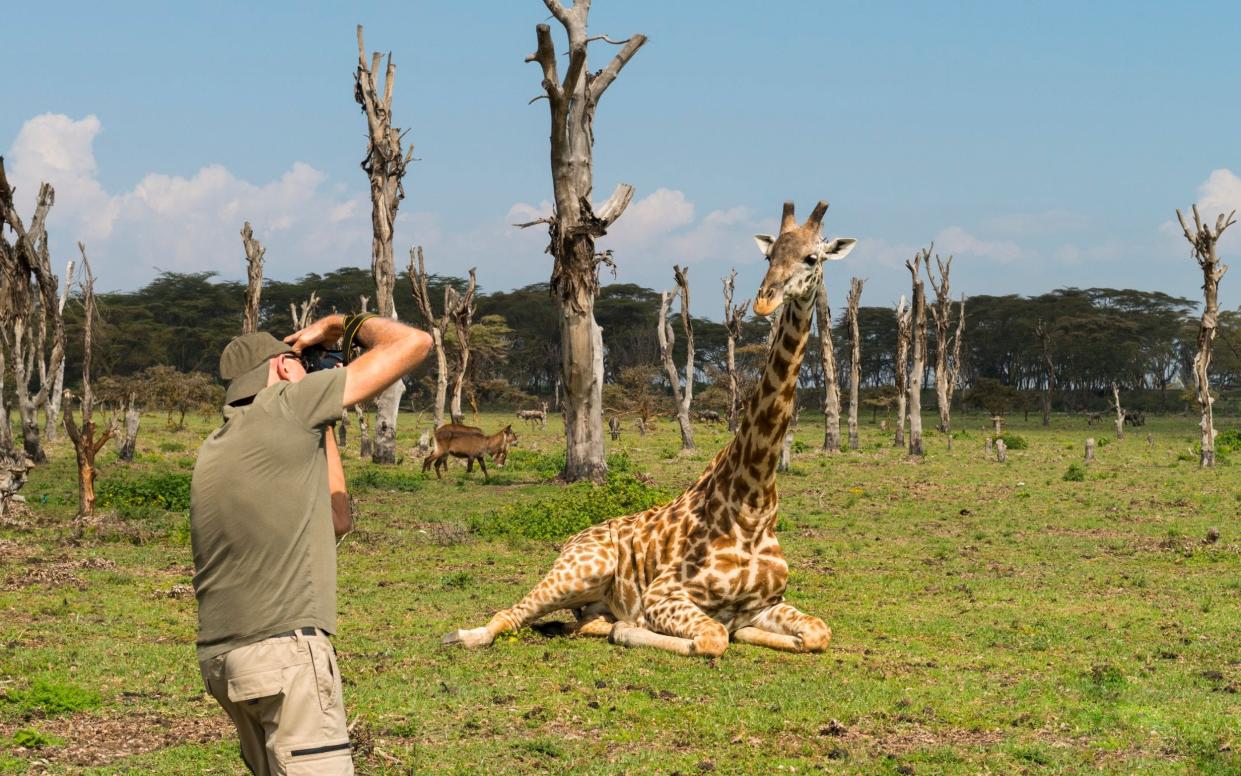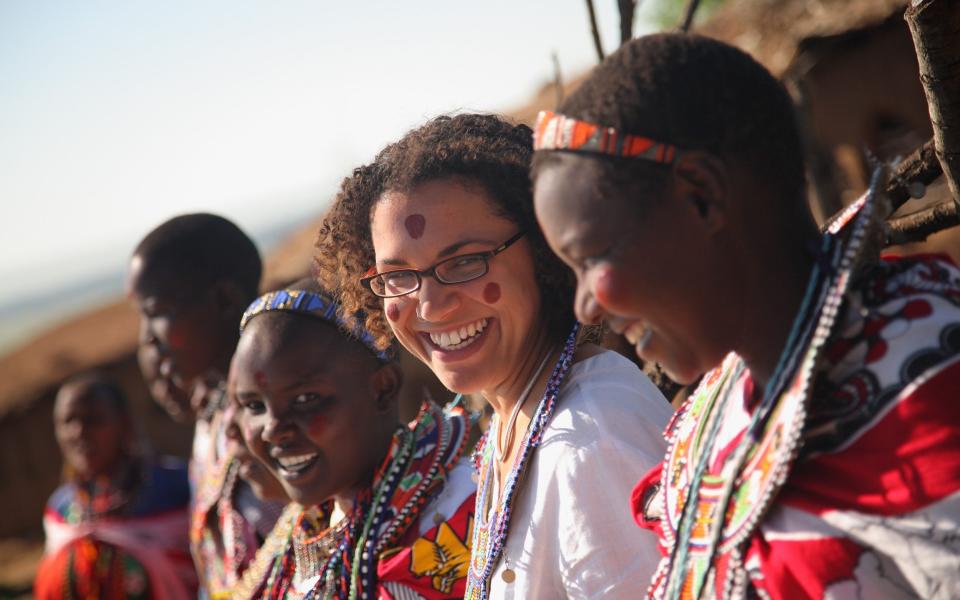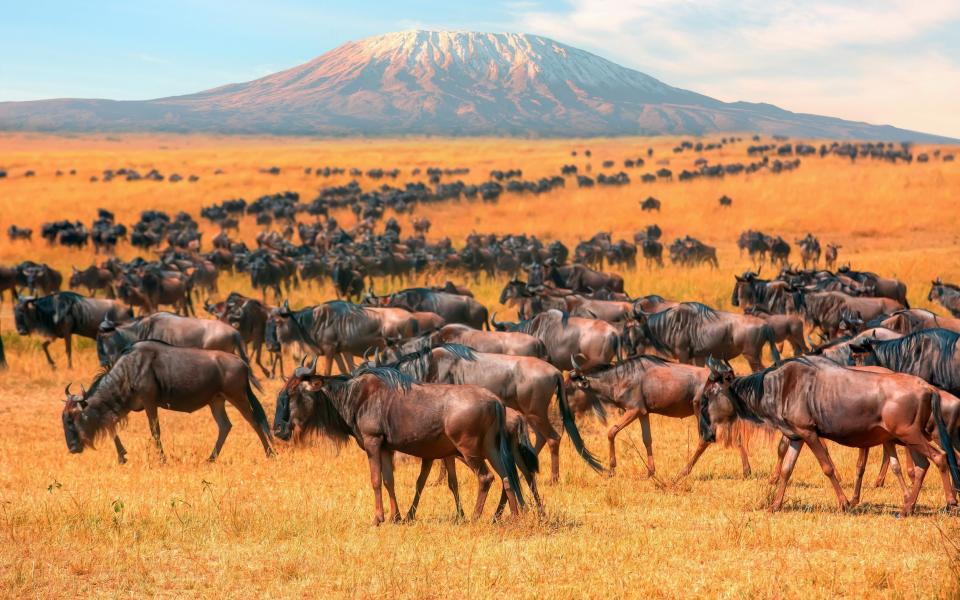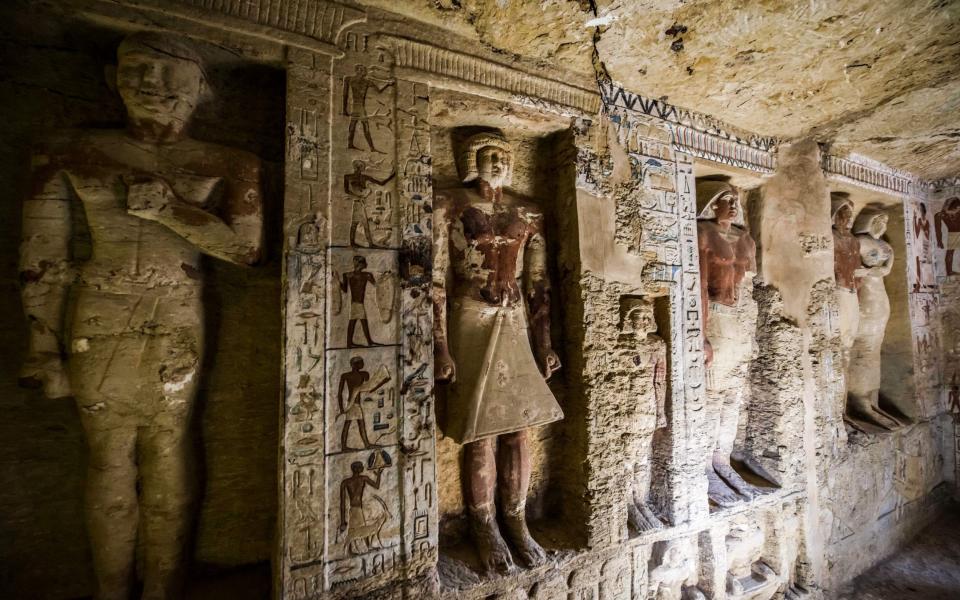What the new rules mean for holidays to Kenya and Egypt

‘When will they come back?” implored the guide, the driver, the ranger, the street seller. During my travels across Africa over the past 18 months, everyone asked me the same desperate question. Repeatedly, I failed to give any answers.
Like everyone living and working on the African continent, I was baffled by the harsh restrictions put in place for such an unnecessary length of time. While large parts of Europe were paralysed by the pandemic, Covid failed to gain a similar grip over many African countries. Infection rates remained relatively low, lockdowns were obediently adhered to, and the devastating wipeout feared by the Western world never really transpired.
Of the nine countries I visited in southern and eastern Africa, never once was I given cause for concern. Not once did I believe any of the UK’s travel bans were justified. Of course, Covid was present – it would be na?ve to think otherwise – but it was largely managed and carefully contained.
I looked for signs of covered-up cases and evidence of lax loopholes in protocols but failed to find anything. Rather than threat and danger, I encountered warmth and welcome. Africa became my safe place, a sanctuary from the terrifying turmoil engulfing the rest of the world.
In the company of communities whose resilience is humbling, my outlook changed completely. Distracted by epic landscapes and extraordinary wildlife, there were days when I didn’t even think about variants or vaccines.
Digging my toes into red ochre soils beneath skies that refused to end, I reconnected with a sense of freedom lost for too long. Numbed by months of successive lockdowns, I remembered what it felt like to be alive.

Finally, more people can tap into that lifeline as Africa once again returns to our travel maps. On Friday, the Department for Transport announced that Kenya would be removed from the UK’s red list, meaning double-vaccinated travellers can visit without needing to quarantine in a government hotel on their return. Admittedly, it is just one of the countries we had hoped would be released – but at least it is a positive sign for the future, giving hope to all the safari lodges, operators, hotels and airlines, which have been hanging on for far too long.
For travellers, the announcement means some of the world’s most exciting wildlife spectacles and sites of antiquity are once again accessible. Crucially, both destinations are important transport hubs for Africa, connecting to myriad destinations that will hopefully open soon.
Now the gates have been unlocked, Africa feels tantalisingly closer. At last, thousands of guides, drivers, rangers and street sellers have an answer to their most pressing question. Although long overdue, this relaxation of restrictions is a move in the right direction. For the first time in 18 months, we can confidently say we’re on our way.
Safaris will soon be back in Kenya
Mass gatherings might be frowned upon in some places, but they are a cause for celebration in Kenya, where the great wildebeest migration is in full flow. From now until late October, there is still time to witness several thousand herbivores risking every limb to cross the Mara River, attracting a hungry host of predators ready to pounce.

Currently, there is a mandatory seven-day quarantine for all arrivals into the country – defiantly put in place after Kenya was red-listed by the UK. But travel experts are confident it will soon be dropped. In the meantime, Kicheche, which operates three camps in the Masai Mara Conservancies, claims it has permission from the Kenya Association of Tour Operators via the Ministry of Health to allow clients who contact them and arrange private transfers to complete their quarantine in camp – including game drives in a private vehicle.
Kicheche co-owner Paul Goldstein, who leads photographic safaris, has a loyal following of British travellers who are eager to return. “A safari is not just an animal checklist,” he says. “Many of our clients return year after year knowing that when you stay in a Conservancy, where all stakeholders benefit, they are investing in a lot of futures – two-legged and four. These safari-goers are needed in numbers now and will get a royal welcome from staff and guides.” Goldstein’s next photographic safaris will take place in November and are sold through Exodus (exodus.co.uk).
Beyond the Mara, other parts of Kenya tick all the right boxes for remote and socially distanced holidays. Borana Conservancy, one of the best places to see rhinos along with neighbouring Lewa Conservancy, has a selection of sumptuous exclusive-use properties such as Arijiju – an elegant stone hideaway with its own spa and therapists – or the heart-warmingly homely Lengishu House.
Further north, in the Matthews Range, the new Reteti House has recently opened, providing private accommodation close to Africa’s only community-run elephant orphanage. All properties are available through Abercrombie & Kent (abercrombiekent.co.uk) which has a logistics team based in Nairobi – a great reassurance for travellers nervous about taking a long-haul trip.
Other specialist operators to the destination include Aardvark Safaris (aardvarksafaris.com) and Expert Africa (expertafrica.com).
A new dawn for Egypt
New openings are in store for Egypt, where the Grand Egyptian Museum is rumoured to be at long last launching on the Giza Plateau. Abercrombie & Kent, which operates its own Nile cruises on the luxury Sanctuary Retreats river boats, says it has been steadily receiving a healthy volume of enquiries to the destination – a figure likely to rise with Egypt off the red list.
“The experience for tourists in Egypt right now is welcoming and upbeat,” says A&K founder Geoffrey Kent. “But the ability to see the pyramids without crowds won’t last long.”

Next year also marks 100 years since Howard Carter discovered the tomb of Tutankhamun, yet much of the land remains uncovered. One of the newest discoveries is the 4,400-year-old Wahtye Tomb at Saqqara, where A&K can arrange tours. But even well-known sites such as the Valley of the Kings and Abu Simbel thrill. G Adventures (gadventures.com) and Intrepid (intrepidtravel.com) run small group trips to Egypt.
Red Sea reefs offshore from Sharm El Sheikh on the Sinai Peninsula have long attracted divers. Given adequate time to recover from years of overtourism, the technicolour underwater walls of Ras Mohammed National Park promise to be even more dazzling. TUI (tui.co.uk) can arrange holidays at PADI-certified resorts for all dive levels. Beginner scuba courses are recommended at Reef Oasis Blue Bay Resort.